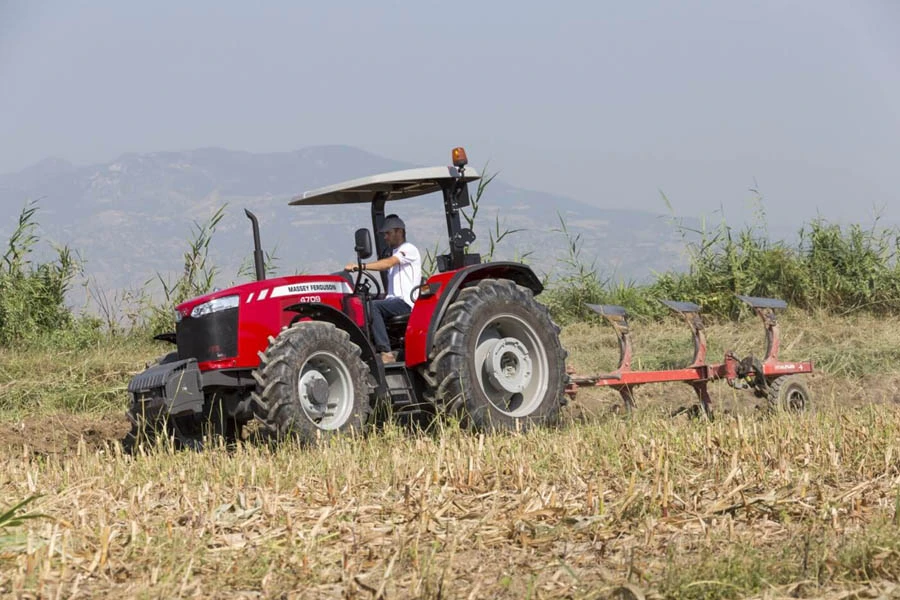Cross River State has taken a bold move towards restructuring its agricultural sector.
Bassey Otu, the state governor, recently launched the distribution of 108 subsidised mini-tractors to the farmers’ cooperatives under the “People-First Agricultural Transformation Agenda,” with plans to distribute 324 tractors across the state within the next three years.
These tractors are part of a cooperative-based model designed to reduce high cultivation costs, improve land preparation and push farming toward mechanisation.
The initiative emerges amid compelling statistics. Land preparation alone accounts for over 70% of cultivation costs for many smallholder farmers in Cross River, a cost often borne through expensive labour or inefficient tools.
Tractors built for local terrain
The mini-tractors distributed under this first phase are suitable to the terrain of the state, fuel-efficient, and come with attachments like ploughs, ridgers, harrows, planters, and trailer buckets.
All the units were registered, insured and well equipped with tracking devices for the sake of transparency and maintenance.
With cooperative ownership, the beneficiary groups themselves will be service suppliers providing tractor service within their communities, which improves shared ownership, affordability and sustainability.
User training and mechanics were also done alongside the deployment to allow for proper maintenance and utilisation of the machines.
The training objective is to increase productivity, minimise labour and encourage small farms in the rural areas.
A national priority
Less than 10% of farmers in Nigeria utilise mechanised farm equipment on a frequent basis, but the majority of them depend on human power or animal draft power, which imperatives directly impact productivity and profitability.
Cross River’s initiative does more than distribute machines; it is building a shared ecosystem in which rural cooperatives become drivers of local agribusiness.
The same achievements are also seen elsewhere. Kwara State also embarked on a mechanisation drive, distributing over 66 mini-tractors and tricycles to smallholder farmers to use in land preparation and transportation of farm input and output.
Furthermore, the Ogun State government also improved its mechanisation scheme, buying 39 new tractors to enhance food production and empower small-scale farmers to move from conventional to high-tech farming practices.
Together, the schemes reflect an inclusive but broadening trend among states to make farm machines accessible and institutionalise mechanisation as community-owned rather than a high-end luxury for large-scale investors.
Cross River’s model also shows that innovation needs to walk hand-in-hand with inclusion. By directing tractors through cooperatives, the state makes sure that smallholders, who produce about 80% of Nigeria’s food, are not left out in the transition to agribusiness.
Despite the progress, challenges abound. Tractors need skilled technicians to keep them running, constant availability of spare parts, and a consistent fuel supply.
The government’s plan to also deploy a tractor assembling factory in Calabar could be a long-term solution, creating employment, reducing downtime, and enabling replacement of parts within reach.
By redefining the farm as a business, Cross River is stealthily re-mapping rural wealth. Each subsidised tractor is more than machinery; it is an expression of confidence in farmers as drivers of economic growth.
With sustainability, it can be one of the most plausible plans of Nigeria to link mechanisation with inclusive growth.
Summary not available at this time.






